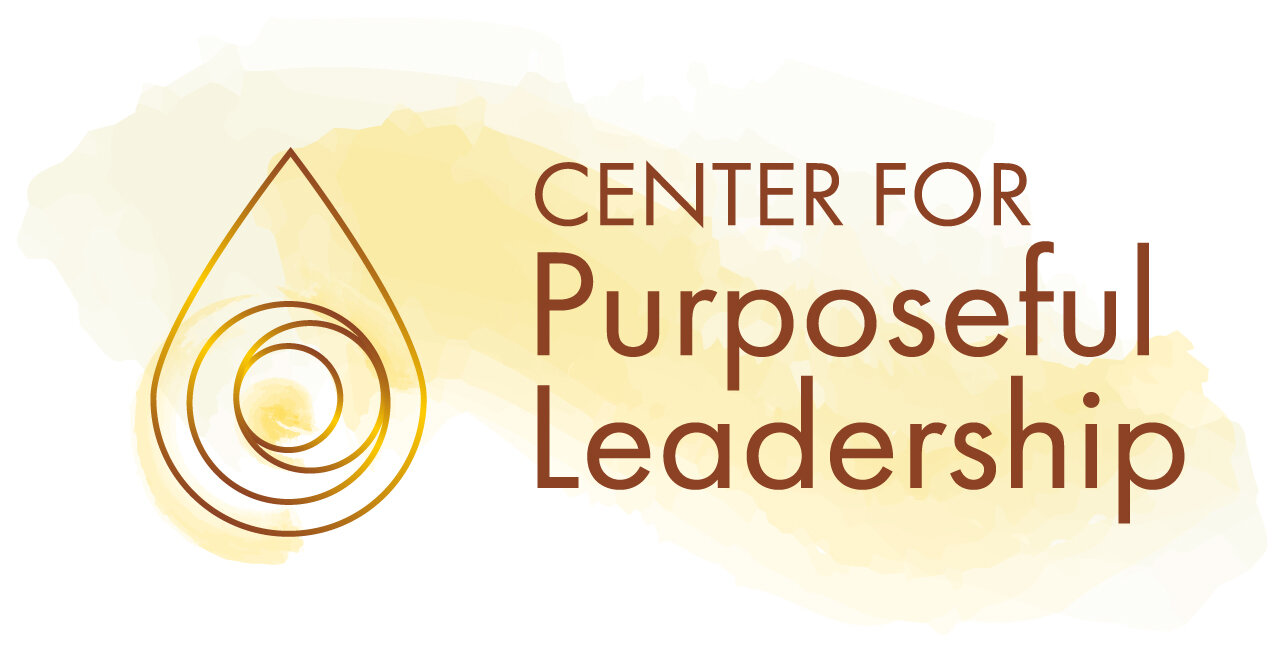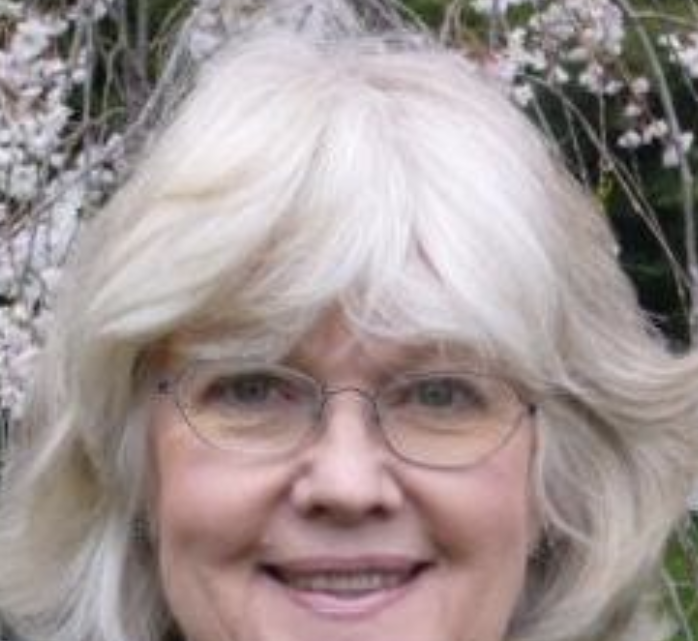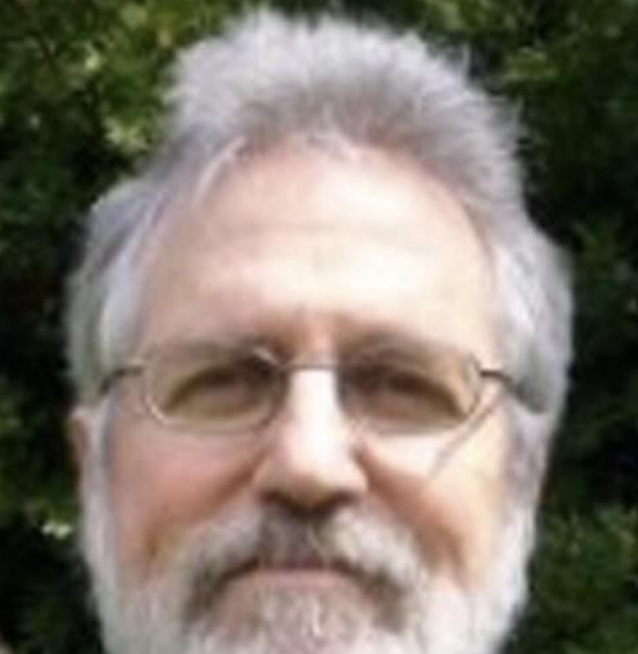The UNFCCC and COP26
Addressing the Climate Crisis and the Need for a Just Transition
Amber Leonard
Executive Director of the Initiative on Closing the Investment Gap in Sustainable Infrastructure
Monday, October 11: 8:00 - 9:00 am CDT US
Addressing the Climate Crisis and the Need for a Just Transition: Closing the Investment Gap Initiative
Amber Leonard & Dr. Irving Mintzer, Closing the Investment Gap Initiative, hosted in the Center for Global Sustainability at the University of Maryland
UNFCCC: United Nations Framework Convention on Climate Change. Established in 1994. An international environmental treaty to combat "dangerous human interference with the climate system", in part by stabilizing greenhouse gas concentrations in the atmosphere.
COP26: The 2021 United Nations Climate Change Conference, also known as COP26, is the 26th United Nations Climate Change conference. It is scheduled to be held in the city of Glasgow, Scotland, between 31 October and 12 November 2021, under the presidency of the United Kingdom.
A common thread in the Essential Conversations is the imperative of staying true to your purpose as a way to step forward to serve. Amber Leonard and Dr. Irving Mintzer have dedicated their careers to bringing awareness to and solutions for the most compelling issue of our time. Collaborative action is at the heart of their work.
In the video interview (at the right) Keith Curtis asked, “What cause for hope do you have? What sustains you?”
Dr. Mintzer responded, “We have everything we need to transition to a cleaner, greener, safer world.”
Keith asked, “Meg Wheatley, who spoke last week about thinking/acting locally in our leadership. Do you agree?How do we do something locally?”
”The guidance that emerged in the 60’s and 70’s about ‘think globally, act locally’ is still very good guidance today… Take/make choices to minimize the insult to our environment... Act when we can in ways that support global thinking, that understand that our security, our future, is dependent not just on what we can do for our immediate community, but what we can do for a more just, safe and equitable world.”
What is at the heart of the matter for Amber and Irving:
Gaseous emissions from economically important human activities have changed the chemical composition and the physical behavior of our shared global atmosphere. The currently observed atmospheric concentrations of heat-trapping gases are higher today than they have been at any time during the last 100,000 years.
However, the resulting Climate Crisis is not primarily an environmental issue; it is an economic and a moral issue whose consequences are the result of national economic development strategies and corporate investment strategies.
Current and future climate change is driven primarily by historical and continuing emissions of GHGs in advanced industrial countries but increasingly by current GHG emissions in developing countries.
The impacts of climate change are not likely to be evenly distributed. Indeed, many of the earliest and most severe impacts will be felt in countries that have contributed the least to the atmospheric buildup of heat-trapping gases.
The only way to avoid the most dangerous and disruptive impacts of future climate change is to work together across national boundaries to build a safe, secure, and equitable future for our children, for their children, and for the generations to come.
We are especially interested in engaging with individuals who are active in the business and NGO communities and with those who consider themselves to be active members of communities of faith.
The Center for Global Sustainability (CGS) at the University of Maryland utilizes a collaborative, interdisciplinary approach to deliver research, education, and engagement for policy impact. Launched in 2016, it features a core team of twelve leading scholar-practitioners and over 25 staff, students, and affiliates with an annual budget of roughly $3 million. Through analysis for ambition and collaborative action, CGS is helping drive the global engine of ambition critical to meet goals related to climate, development, and sustainability. We do this by integrating field-leading research, applied assessment, and policy analysis; and implementing it through partnerships and engagement at all scales.
CGS was created in response to the global need for integrated analytics and engagement to support higher ambition in achieving climate, development, and sustainability goals. In doing this, CGS fills a critical gap to link robust technical capacity closely to decision-making at all levels. CGS is committed to fostering a just, equitable, diverse, and inclusive world both within our community and through collaborative research and action on local and global scales.
CGS has a growing portfolio of projects integrating analysis for ambition and collaborative action. As we look to expand our activities to serve this global mission, our vision for impact includes specific, new partnerships and programs in the following areas:
Fuse subnational with national action to raise global ambition
Support ambitious climate mitigation strategy analysis linked to decision making
Scale-up climate finance based on bottom-up actions and collaborative engagement Integrate climate resilience in local communities
Advance equity, diversity, and inclusion in sustainability, climate, and energy
Catalyze universities’ thought leadership, educational, and convening power.
About
CGS is based at the University of Maryland, the major research university in the Washington DC area and a land-grant, sea-grant, public research university. It is ranked in the top 10 U.S. research universities with a $2.1 billion annual budget and combined $1.1 billion in annual research awards. The School of Public Policy focuses on blending governance at local, state, national, and international levels, with roughly 80 faculty and 1600 graduate, undergraduate, and executive students.
J. Amber Leonard
Amber Leonard is the Executive Director of the Initiative on Closing the Investment Gap in Sustainable Infrastructure, which is hosted in the School of Public Policy at the University of Maryland, College Park. She has been working at the intersection of energy, environment, and development issues for more than 30 years. Ms. Leonard has been involved in the international negotiations on climate change since the run-up to the Earth Summit in Rio de Janeiro, Brasil, in 1992. For seven years, she was the Managing Editor of the journal Global Change. From 1989 to present, Ms. Leonard has been the Managing Director of MEG LLC, an energy and environmental consultancy. She was a founding member of the NGO Consortium for North-South Dialogue and Partnership on Climate Change, whose mission was to bring civil society voices from developing countries into the official UN negotiations on climate change. Ms. Leonard has acted as an advisor to private companies as well as to governments, including the governments of the United States, Brasil, Indonesia, and the State of California. She has a B.A. degree from the University of California, Berkeley, and an M.B.A. in International Business from California State University, San Francisco.
Dr. Irving Mintzer
Dr. Irving Mintzer is a Professor in the School of Public Policy of the University of Maryland (College Park, MD, USA). He is an internationally recognized expert on energy technologies as well as on the impacts of climate change on human societies and natural ecosystems. Dr. Mintzer is also the Director of the Initiative on Closing the Investment Gap in Sustainable Infrastructure, which has been funded by the Ministry of Foreign Affairs of Denmark and by Global Affairs Canada. The objective of this initiative is to scale up private sector investment in sustainable infrastructure, using the minimum amount of public capital and maximizing the application of private sector investment for the long-term financing of these infrastructure projects. He has consulted extensively to multi-national corporations as well as to multilateral financial institutions, including Shell, TEPCO, UNDP, UNFCCC, the World Bank, and the Global Environment Facility. Dr. Mintzer holds an M.B.A. in Applied Economics and a Ph.D. degree in Energy and Resources from the University of California at Berkeley.
Monday, October 11, 2021 - 8:00-9:30 AM CDT
“We have not inherited the Earth from our parents, we have borrowed it from our children.”— International Union for the Conservation of Nature, World Conservation Strategy.
More about the Center for Global Sustainability:
Monday, October 11, 2021 - 8:00-9:30 AM CDT










